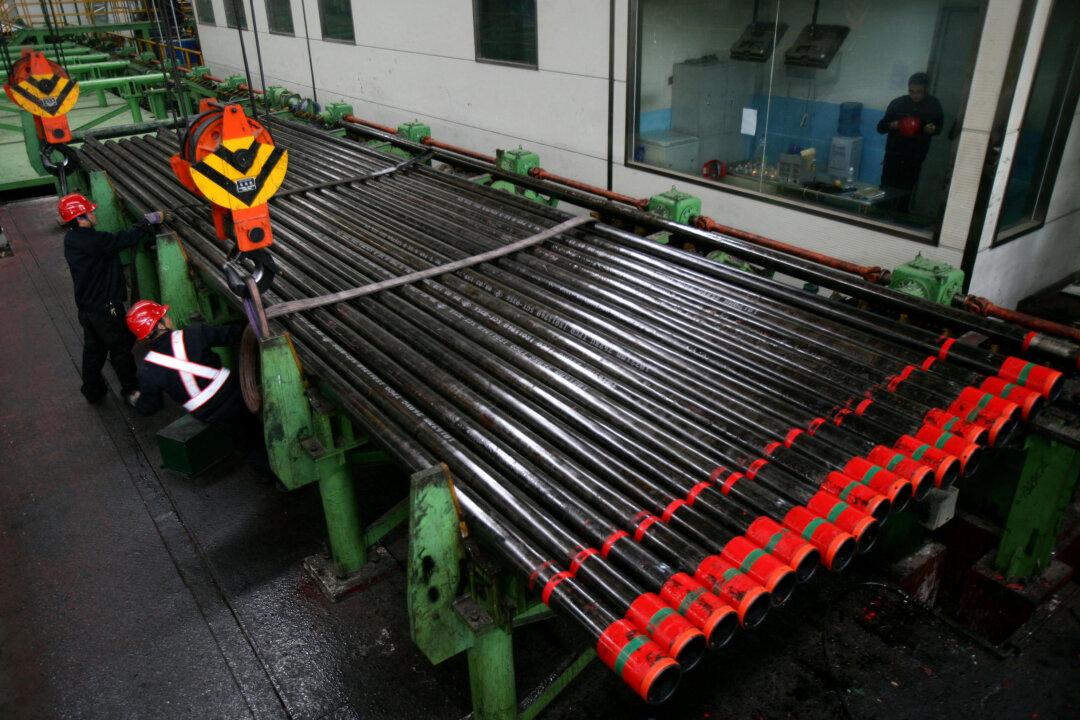After the United States and European Union publicly expressed concerns that the controversial Hong Kong extradition bill could impact the city’s status as an international financial hub, the Chinese regime increased tariffs by 4 to 10 times on U.S. and EU-made seamless steel pipes.
Commentators analyzed that this could be a retaliatory move by Beijing after the two governments’ open criticisms.





